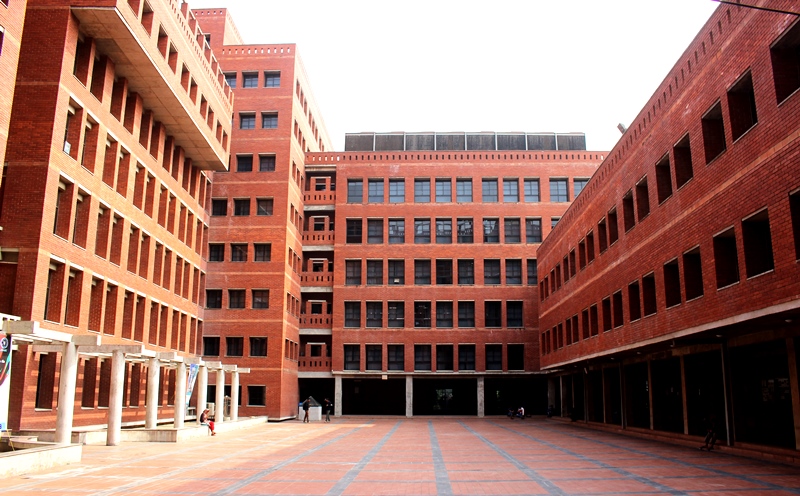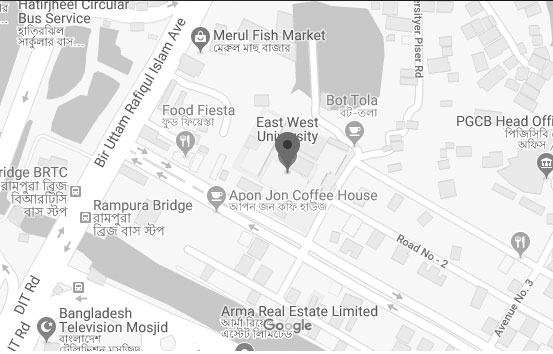Faculty Members Ongoing Researches
- Molecular Biology
- Biotechnology
- Bioinformatics
- NGS Data Analysis
- Wireless Networks
Wireless Communications and Networks
- Clinical Pharmacology
- Phytopharmacology
- Public health
Porous Materials for Environmental Remediation
-Synthesis of porous materials such as Metal-organic fameworks (MOFs), Zeolites, Nickle phosphate molecular sieves.
-Rapid synthesis of porous materials with microwave and ultrasound irradiation.
-Functionalization/modification of MOFs for targeted applications.
Adsorption/separation/Purification
–Adsorptive removal of hazardous materials, including Sulfur Containing Compound (SCC), Nitrogen Containing Compounds (NCC), Pharmaceuticals and Personal Care Products (PPCPs), Contaminants of Emrrging Concerns (CECs).
-Gas phase adsorption of arometics.
Heterogeneous Catalysis
-Acid catalysis with nano porous materials.
-Conversion of biomass into chemical intermediates via dehydration
-Reduction and photocatlysis of organic pollutants
RESEARCH INTERESTS
- Power Converters
- Electric Vehicle Systems
- Renewable Energy Systems
- Power Supply Design
- Deep Learning based Energy Forecasting
- Deep Learning based Optimization of EMS for Microgrid
- Database Technology
- Data Streams
- Data Provenance
- Semantic Web
- Big Data
- Non-destructive Inspection
- Systems Modeling
- Pattern recognition
- Video Analysis
- Image processing
- Parallel Processing
- Non-destructive Inspection
- Pattern recognition
- Image processing
- Machine Learning
- Deep Learning
1. Highly porous materials
- Synthesis/Application of porous materials (MOFs, zeolites, carbons, AlPOs)
- MOF- or organic polymer-derived carbons (highly porous, ordered and having various functionalities) adsorption/storage, catalysis and electrical energy storage.
-Rapid/continuous synthesis of porous materials with microwave and ultrasonics
- Functionalization/Modification of MOFs for selective adsorption of hazardous compounds
2. Adsorption/separation
- CO2 capture with porous adsorbents
- Fuel purification (removal of S- and N- containing compounds)
- Water purification (removal of pharmaceuticals, personal care products, pesticides, dyes)
- Adsorption/separation of hydrocarbons
- Adsorption/storage of gases
3. Heterogeneous catalysis
- Acid catalysis with porous materials (dehydration, isomerization, alkylation)
- Conversion of biomass into chemical intermediates with dehydration
4. Electrochemistry
-Supercapacitor
-Sensor
- Transport planning and engineering
- Travel behavior
- Transport and pollution
- Traffic safety
- Transport and society
- Transport in developing countries
- Safety and hazard management
- Computer Networks
- Wireless Sensor Networks
- Underwater wireless sensor networks
- Underwater communication and signals propagation
- Localization for terrestrial environment (Tracking)
- Underwater localization (Tracking)
1) Adopting waste to energy techniques to overcome the current waste management problem and use sustainable alternative to conventional fossil fuels in Bangladesh’s transportation sector:
i) Biodiesel Production and Bioenergy Innovations in Bangladesh: Developing cost-effective and efficient catalysts, such as bifunctional hydrotalcite-based systems, for feasible biodiesel production from waste cooking oil (WCO) and other non-edible feedstocks. Focusing on process optimization, life-cycle assessment (LCA), techno-economic feasibility, and integration of green chemistry principles to ensure scalability and affordability in local contexts.
ii) Biogas production from food (organic) waste: To evaluate the potential of hydrothermal carbonization (HTC) for energy production, a technology that is still largely unpracticed in Bangladesh but holds strong future prospects due to its higher efficiency and superior environmental benefits.
2) Environmental Petroleomics: Investigating the molecular-level impact of crude oil/bio oil spills using ultrahigh-resolution mass spectrometry (UHR-MS) to understand the fate, transformation pathways, and environmental consequences of spilled oils, supporting effective oil spill response strategies and reducing ecological and human health risks.
3) Sustainable Environmental Practices: Advancing eco-innovation in energy and environmental sectors through green chemistry approaches, including the design of alternative adsorbents, advanced oxidation processes, and bioremediation techniques to remediate contaminated water and soil sustainably, thereby promoting long-term environmental and public health resilience.
4) Environmental Pollution and Monitoring: Examining the sources, distribution, and ecological impacts of heavy metals and other pollutants in soil, sediments, and aquatic ecosystems, particularly in coastal and industrial regions of Bangladesh. Utilizing advanced analytical techniques such as atomic absorption spectrometry (AAS), inductively coupled plasma (ICP) methods, and Geographic Information Systems (GIS) for spatial risk assessment and environmental monitoring.
5) Public Health and Environmental Safety: Addressing the intersection of environmental contamination and human health by assessing the chronic and long-term impacts of heavy metals, organic pollutants, and emerging contaminants. Emphasizing evidence-based policy recommendations to minimize health hazards and ensure environmental justice.
- Molecular Biology
- Microbial Biotechnology
- Oncology
- Epidemiology
- Epigenetics
- Synthetic chemistry
- Pharmacology
- Bioinformatics
- Public health
- Transportation Planning
- Urban Planning
- Autonomous Vehicle Study
- Road Safety and Accident Analysis
- Land Use
- Sustainable Transportation System



